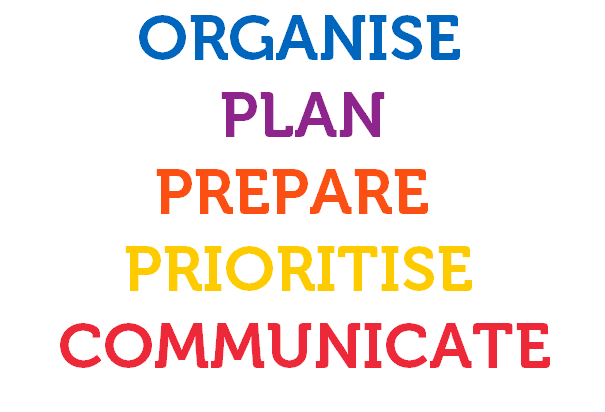How to Implement a New IT System with Minimal Disruption

As your business grows, so too will the demands you have of your IT systems. Therefore it’s very likely that you’ll need to implement new systems – whether it’s updating your ERP or CRM software or switching from an on-premise system to a cloud-based solution.
Whatever the case, you’ll want to make the transition as seamless as possible, with minimal disruption to your businesses’ day-to-day operations.
Below are some great tips to help you achieve this.
1. Organise an effective project team
In order for any new system to be implemented successfully, it’s vital that you put together a talented and effective project team. Your project team should contain a project manager as well as any key members of staff who’ll be affected by the implementation.
Selecting the right project manager is extremely important since they’ll need to keep the team motivated and deal with any unexpected issues as they arise. Ideally your project manager should be someone who other members of staff respect and who has previous experience leading a project.
2. Plan carefully
When integrating a new system that will be used throughout your business, you’ll need to rely on the time and expertise of key employees. Because of this you should plan carefully so you can be sure that each member of your team has enough time to work on the project and also to do their regular job.
Although having a clear plan in place for the implementation is important, you also want to be as flexible as possible during the process so you can deal with any issues or changes as they occur.
3. Prepare your staff - communicate
In order to ensure that your new IT system causes minimal disruption you should prepare your staff well in advance. This means letting them know why the new system is being implemented as well as how it’s going to affect their job.
If at all possible, you should also provide training for the new system before it’s implemented. Providing proper training beforehand will go a long way to helping you achieve employee buy-in with the new system and help to minimise the growing pains that inevitably come with using a new platform so it’s certainly worth doing.
4. Prioritise your most important requirements
If you take a phased approach to implementing your new IT system then it’s recommended that you think about the functionality you’ll require from day one. It might be the case that there’s features that would be useful to have but aren’t vital immediately.
Taking this kind of approach will enable you to implement your new system well without overcomplicating things by trying to add in more functionality than is needed right from the start.
5. Prepare your data well in advance
One of the most important things you can do when implementing a new system is to prepare any data that needs to be migrated as early as possible. You should first decide which data you want to move to the new system and then go through it to make sure it’s ‘clean’ and won’t cause any issues with the new system.
6. Don’t neglect security
Your business is particularly vulnerable when you first switch to a new system. Hackers look for weaknesses to exploit such as out-dated plug-ins so you should make security a priority right from the start. Once the system is in place, you should do a fully security audit to make sure there are no vulnerabilities that could be taken advantage of.
If you’re implementing cloud-based software then there shouldn’t be any issues as far as things like out-dated plug-ins go, since this is handled by the service provider. However you do need to be very careful to ensure that any newly migrated data is properly encrypted.
At Grant McGregor we have a proven and successful IT consultancy approach, and our positive client testimonials show this! If you want to update your IT systems then get in touch to see if Grant McGregor would be a good fit for you and your team.




